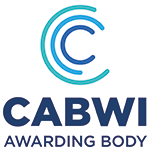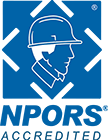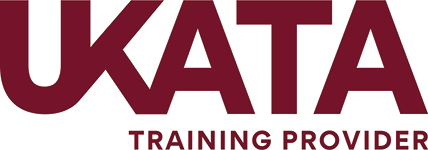Every year thousands of people commit to getting healthy as their New Year’s resolution. This year C&C Training would like to provide some advice and guidance on developing a healthier lifestyle, after all the evidence shows a healthy workforce drives increased performance and morale.
Blood Pressure
Blood pressure is the pressure of the blood in your arteries (the main vessels that carry the blood from the heart to the rest of the body) this pressure varies depending on your level of activity.
Blood pressure is measured as two numbers e.g. 160/90; the first number is your systolic pressure, this is the pressure of the blood in the vessels when leaving the heart, the second is the diastolic pressure, this is the pressure at the end of the heartbeat. The British Heart Foundation recommends the target of the general populations is to have a blood pressure below 140/90. This is at rest, during activity the blood pressure will increase.
High Blood Pressure
Also known as hypertension, is where your blood pushes against the walls of the blood vessels more strongly than normal. This can put extra strain on your heart, blood vessels and kidneys and may increase your risk of future health problems. There is usually no obvious symptoms for high blood pressure and very often goes undiagnosed.
High Blood pressure cannot usually be cured, but treated and it can be lowered significantly by making lifestyle changes:
- Eat less salt
- Eating more fruit and vegetables
- Increasing physical activity
- Maintaining your correct body weight
- Reducing the amount of alcohol you consume
- Take measure to reduce the your stress levels
Low Blood Pressure
Also known as hypotension, is when your blood pressure is below 90/60. Signs of low blood pressure can in some cases cause dizziness or even fainting.
Low Blood pressure cannot usually be cured, but treated and it can be controlled by making lifestyle changes:
- A balanced diet
- Stay hydrated
- Avoid heat exhaustion
- Reduce amount of alcohol you consume
- Take rest, avoid strenuous and sudden movements especially after physical exertion
- Increase sodium intake
- Encourage blood flow
If you are concerned about your blood pressure seek medical advice from your GP. They may wish to carry out some tests to ascertain if you are required to take medication to stabilise your blood pressure or to help stabilise your dietary requirements going forward.















